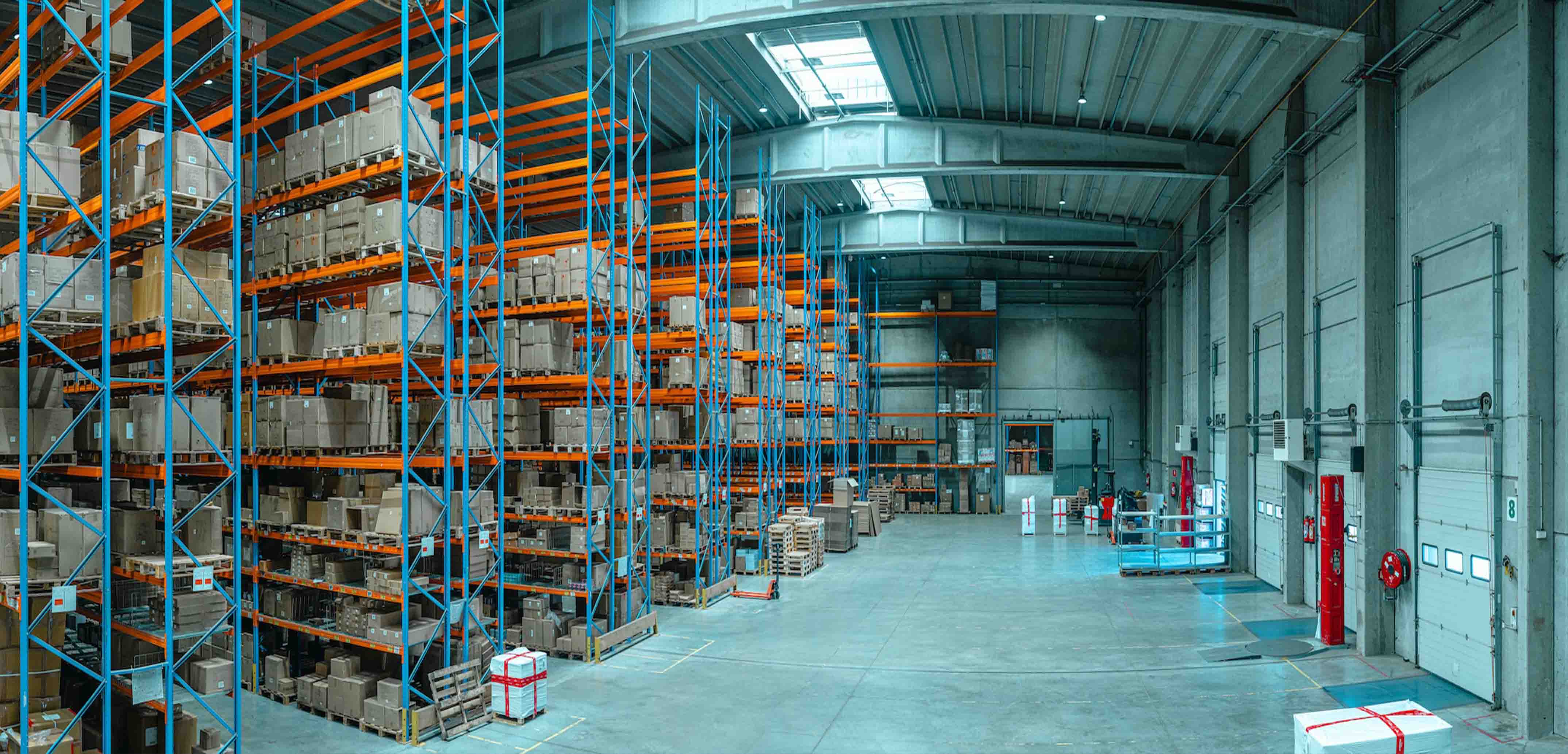The improvement in India's logistics performance index is a positive indicator of the country's progress towards better infrastructure and economic development. India's ranking has moved to 38th in the latest report by the World Bank. One of the key factors contributing to India's improved ranking is the reduction in dwell time at ports, which has come down significantly with the implementation of several measures such as automation, digitization, and streamlining of procedures. This has led to increased efficiency and cost savings for businesses.
Apart from the reduction in dwell time, India's improved ranking can also be attributed to the country's efforts to improve its overall infrastructure. The government has undertaken several initiatives which have not only led to a reduction in transportation costs but have also made it easier for businesses to access new markets and expand their operations. Additionally, the improved infrastructure has led to increased foreign investments, generating more employment opportunities and contributing to the growth of the economy.
Government Initiatives
1. PM Gati Shakti
In 2021, the Indian government introduced the PM Gati Shakti National Master Plan, a transformative approach towards economic development and sustainability that focuses on improving connectivity through railways, roads, ports, waterways, airports, mass transport, and logistics. The plan's objective is to achieve economic transformation, enhance logistics efficiency, and achieve seamless multimodal connectivity by adopting technology and implementing projects at a faster pace.
2. Sagarmala Project
The Indian government is implementing the 'Landlord Model' of development and investing in world-class port infrastructure through the Sagarmala project. These initiatives aim to improve the ease of doing business in major ports and the shipping sector. To make major ports smarter, the government is taking various steps such as implementing Port Community System, Logistics Data Bank Service, and RFID solutions. The ultimate goal is to facilitate trade and enhance India's ease of doing business.
3. Warehousing Policy
This step will help meet the demands of consumers, address supply chain shortcomings, and improve last-mile delivery services. This Public Private Partnership initiative aims to reduce logistics costs and streamline transportation by developing exclusive warehousing zones across the country. The policy focuses on creating a hassle-free process for the storage, supply, and delivery of goods, ultimately improving efficiency and ensuring ease of operation.
4. National Logistics Policy
The Indian government's NLP envisions a consolidated platform that integrates various service providers, including warehousing providers, shipping experts, transporters, and government agencies. This approach aims to streamline approvals and certifications, reduce manual processes, and ultimately lower logistics costs, boosting international trade and helping India become self-sufficient. The program also benefits farmers by enabling them to market their products more quickly, reduce waste, and avoid unnecessary delays, lowering prices overall.
The NLP strengthens existing policies by creating Sectoral Plans for Efficient Logistics (SPEL) for each sector. These plans focus on interoperability, resiliency, sustainability, and innovation and address infrastructure, digital advancements, policy and regulatory reforms, capacity building, and logistics-related challenges. The NLP promotes the development of multi-modal logistics parks, air freight stations, inland container depots, container freight stations, and cargo terminals, serving as supply chain intermediary hubs for storage, handling, value addition, and intermodal transfers connected by transportation networks. This will usher in wealth throughout the country and create new opportunities for startups.
5. Alternative Vehicles
Electric vehicles (EVs) are becoming increasingly important as a means of reducing carbon emissions and addressing climate change. EVs are powered by electricity stored in rechargeable batteries, making them significantly more environmentally friendly than traditional vehicles. The importance of EVs lies in their potential to reduce air pollution, improve public health, and decrease dependence on non-renewable energy sources. Additionally, EVs are becoming more affordable and widely available, making them a viable option for a growing number of consumers. India has set an ambitious target of having a greater increase of electric vehicles on its roads by 2030. The Indian government is promoting the adoption of electric vehicles (EVs) by offering incentives and subsidies to manufacturers and buyers. This move has encouraged several Indian companies to invest in developing EV technologies and infrastructure, thereby supporting the growth of the EV industry in the country.
Let’s Sum Up
The Indian government has undertaken several initiatives which aim to improve connectivity, develop multi-modal logistics parks and provide a conducive business environment for the logistics industry. The logistics industry has also welcomed the government's proposal to increase the capital investment outlay in the union budget 2023-24, claiming that the emphasis on building infrastructure will strengthen India's position in the global supply chain.
India's increased adoption of technology has streamlined logistics processes and reduced manual intervention, leading to improved efficiency. Moreover, the government's focus on renewable energy and sustainable development is driving the adoption of electric vehicles, which will further enhance the efficiency and sustainability of the logistics sector. Overall, India's improved ranking on the LPI reflects the country's ongoing efforts to enhance its infrastructure, promote technology adoption, and create a conducive business environment for the logistics industry, all of which will have a positive impact on the country's economic growth and global competitiveness.
